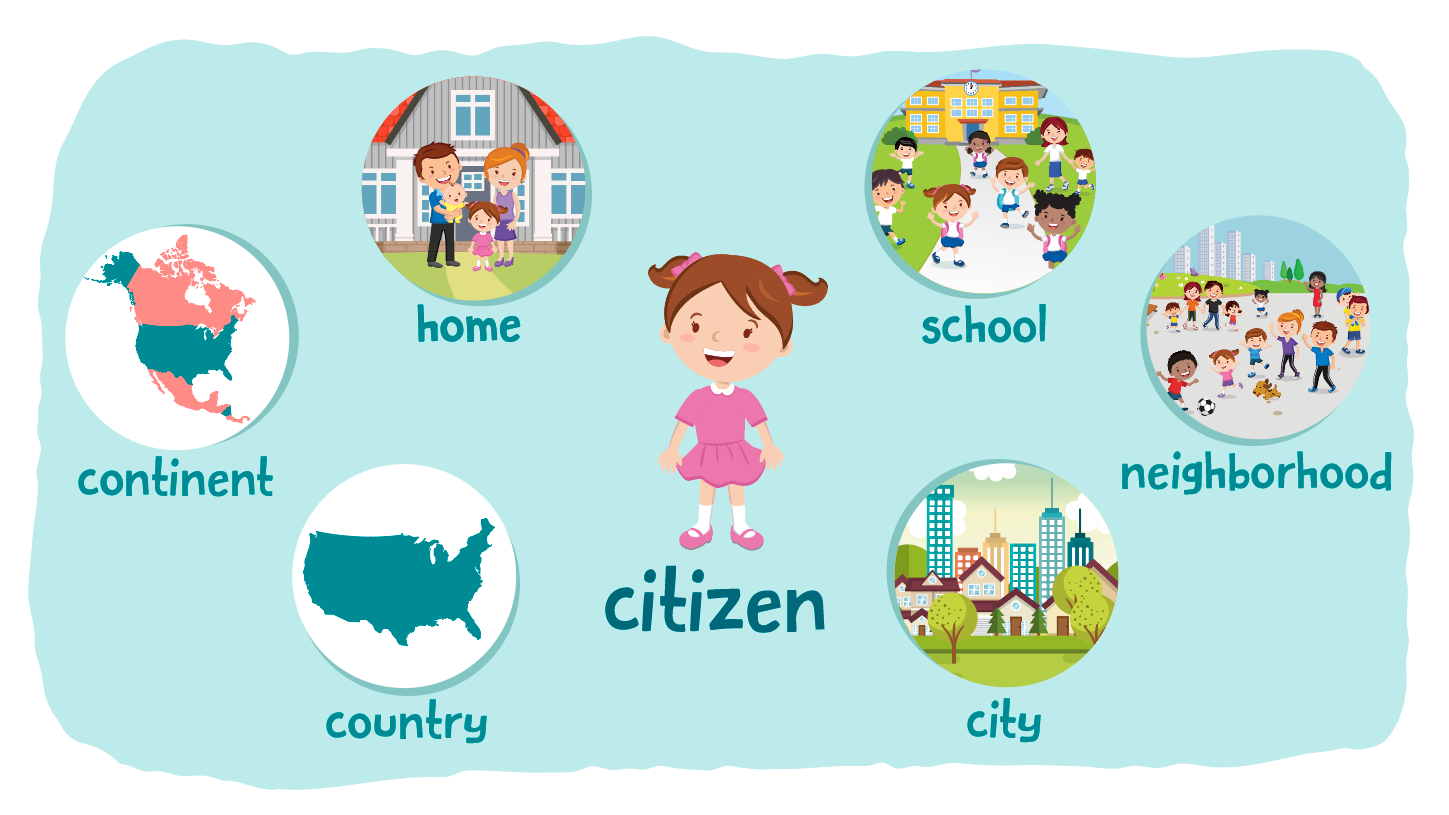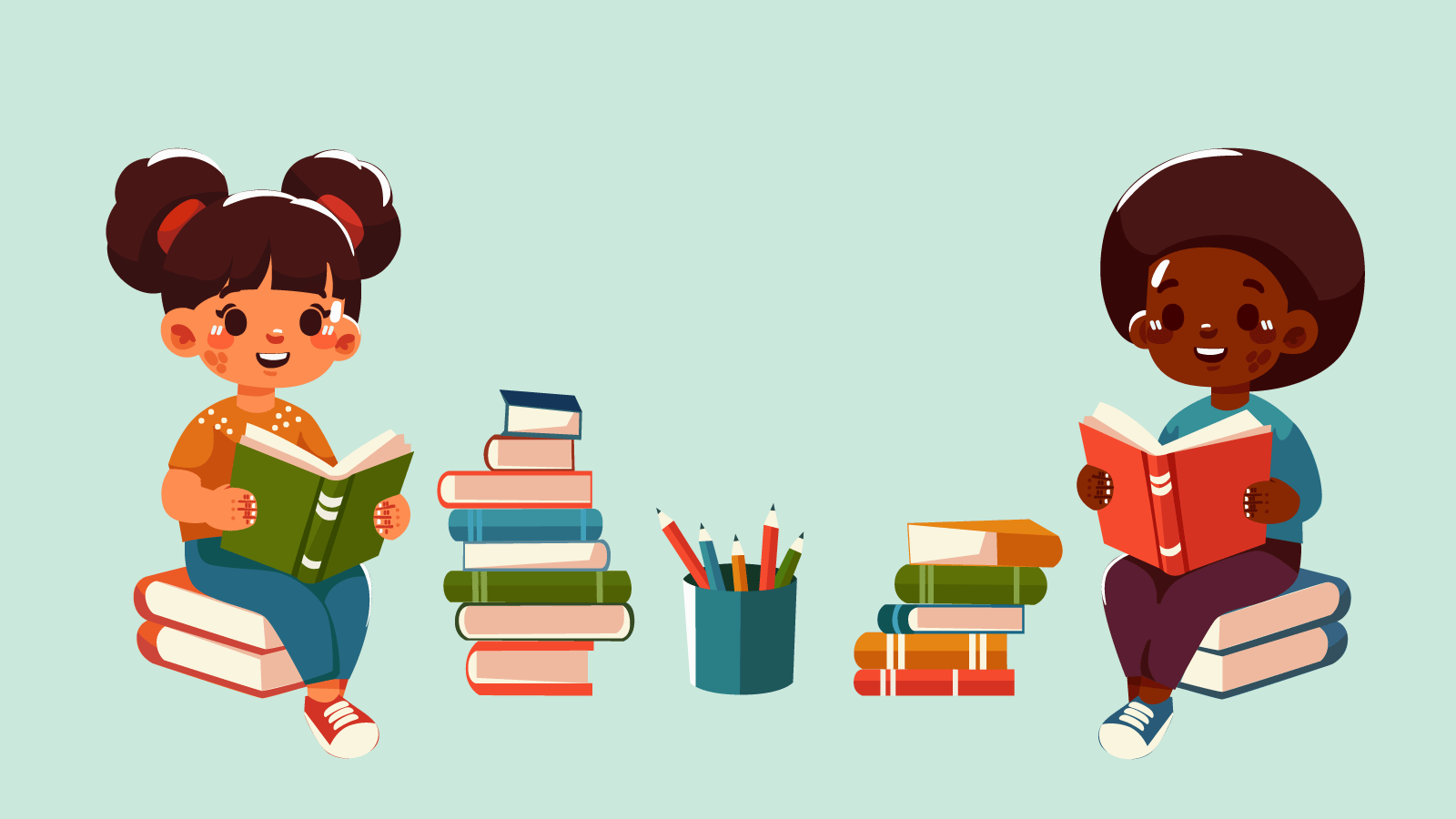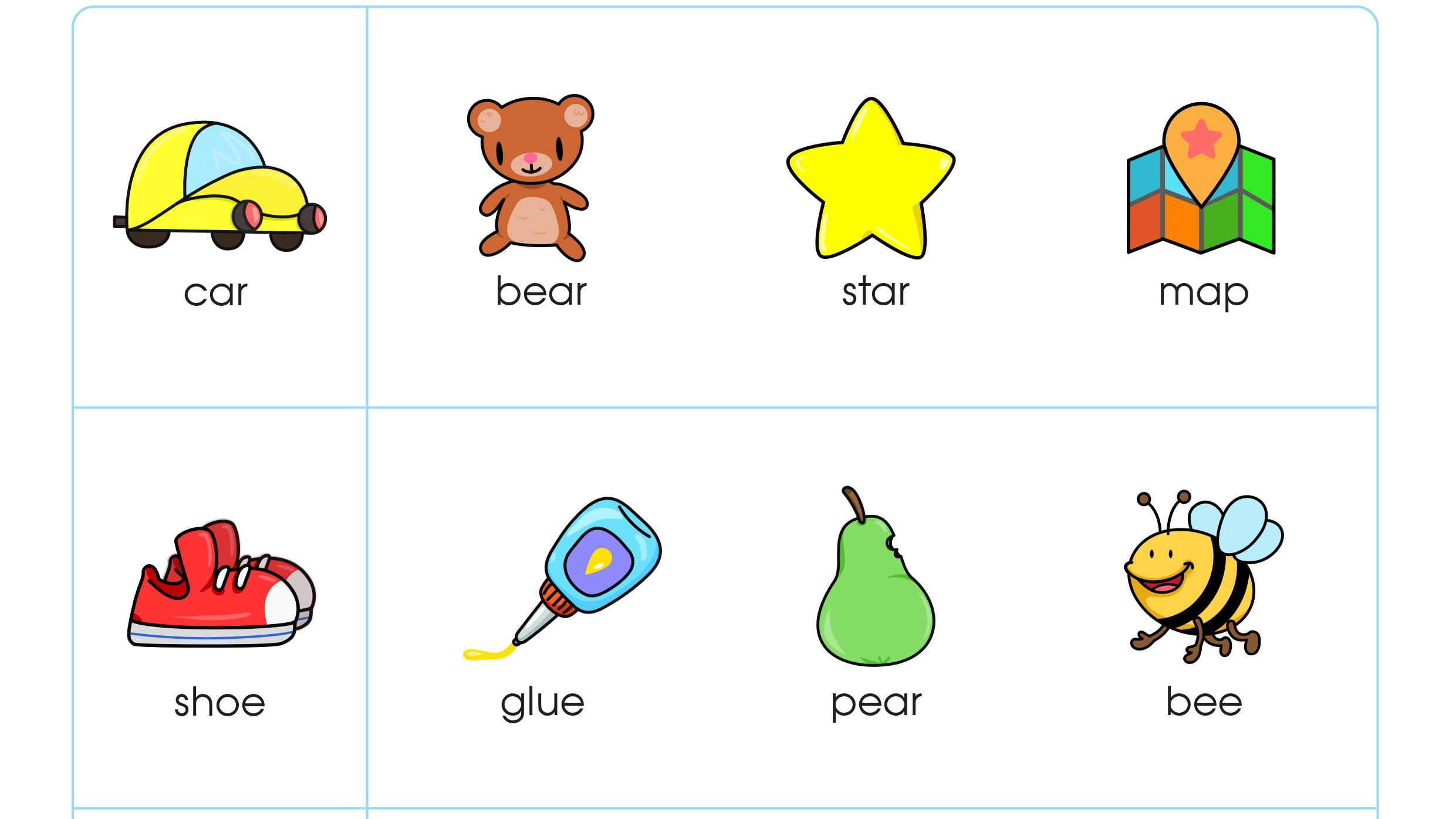ELA & Social Studies Articles
Daily Knowledge Boost with Kids Academy: Discovering Dinosaurs in Every Subject!
Sept. 4, 2024

Today’s knowledge boost focuses on a fascinating topic: dinosaurs and fossils! Studying the ancient world teaches children about the world long before they were born, shedding light on important world history as well as interesting science facts that researchers study to better understand our world today. Moreover, the following lessons will boost your child’s knowledge and skills in social studies, science, ELA, and math.
Daily Knowledge Boost with Kids Academy: Deep Dive into 2nd Grade Subjects
Aug. 28, 2024

As kids grow older, they begin to learn the intricacies of each subject they study. In math, they learn the interconnected nature of addition and subtraction, and in ELA they examine the details of a text they used to ignore, like subheadings and captions. As they mature, it’s important that they continue to build their knowledge by digging into the details for every concept they learn.
Daily Knowledge Boost with Kids Academy: Cross Curricular Reading Practice for 1st Grade
Aug. 16, 2024

Our knowledge boost today is focused on the idea that reading is everywhere and is necessary for success in all subject areas as well as in life. Keep reading to discover a hand-picked collection of ELA, math, social studies, and science online lessons that are ready-made and support learners’ reading comprehension.
All lessons featured below are found on the interactive Kids Academy Classroom interface, which enables children to complete each activity digitally and provides parents with an informative progress reporting system.
Learning Games: Exciting New Feature on Talented and Gifted Online!
June 18, 2024

We’re thrilled to announce the launch of a brand-new feature in Talented and Gifted Online: the Toy Box! Now kids can take a break from their lessons to play educational games that review basic math and ELA skills. All games were designed to make the learning process more enjoyable by and effective by allowing children to review foundational skills in a fun and friendly way. Toy Box can be easily accessed online from any device and browser!
Learning About Communities with Kids Academy Online Tools
June 5, 2024

Teaching children about community should begin from a very young age. For toddlers and preschoolers, their knowledge about the world around them is very limited, often to their family, teachers, and the people they see on a regular basis. As they reach kindergarten, kids must broaden their worldview to learn about the wider community. In doing so, they do much more than merely gain knowledge; they nurture their social and emotional learning by feeling a sense of belonging and purpose.
Enhancing Text Analysis Skills with Kids Academy’s Learning Tools
May 31, 2024

In educational times today, it’s important to make sure that young learners have strong foundational skills early on. Text analysis is one skill that can significantly enhance reading comprehension as well as critical thinking. In this guide, we will demonstrate how to reinforce text analysis in emerging readers, specifically kindergarten students, through text comparison using Kids Academy's Classroom tool and Talented & Gifted Online program.
Fun-filled ABC Worksheets and Videos for Preschoolers
May 8, 2024

For preschoolers, learning should be exciting! Every day brings new opportunities for exploring the world and everything in it. This includes making sense of all the letters that are on everything from street signs to cereal boxes. While most adults take simple tasks, like learning the alphabet, for granted, children are more than eager to take it all in. They mostly do this through daily play, but they must also be guided by parents and teachers who can provide the right resources. That’s where Kids Academy can help!
Time to Rhyme: How to Boost 1st-Graders' Reading Skills (Worksheets Inside!)
March 18, 2024

When we think of the fundamental components of language overall and reading in particular, we should pay special attention to the skill of rhyming. Educators confirm that learning rhymes remains one of the most effective and engaging ways to assist a child in their language growth.
With the help of rhymes, children learn to understand the phonemic structure of words, which ultimately leads to improved reading and spelling skills.
What are the best techniques to make the acquisition of this fundamental skill an enjoyable experience for kids in first grade? In this article, we will look at some teacher-proofed methods and tools, including games and rhyming worksheets.
Handwriting Matters—Teaching Kids to Write by Hand
March 15, 2024

In our increasingly digital world, it may seem as though the value of writing has diminished, especially when considering a rising need for students to learn to type. However, despite the proliferation of computers and mobile devices, the act of writing remains a critical skill that has a profound effect on a child’s cognitive development, including reading acquisition and fluency. This doesn’t mean that the benefits of technology can’t be harnessed to enhance a child’s writing skills; rather, young learners must practice the fine motor skills necessary for proper writing development.
Reading with Ease: How to Develop Fluency in Third Grade
Feb. 29, 2024

In this article, you'll learn about effective strategies to improve your third grader's reading fluency. An expert educator gives tips on how to vercome common challenges like reading reluctance and enhance children's skills through engaging activities such as echo and choral reading. You'll also find suggestions of diverse reading materials and word games to enrich vocabulary. With dedication, support and the right approach, reading can become a captivating experience and a life-long hobby for your child!








